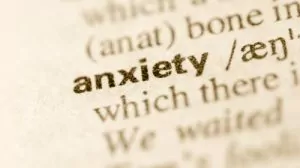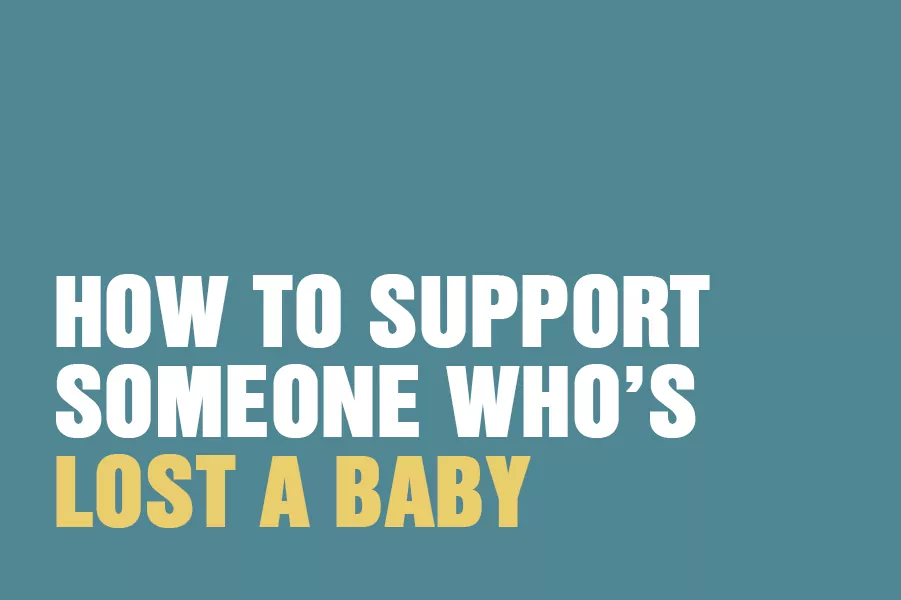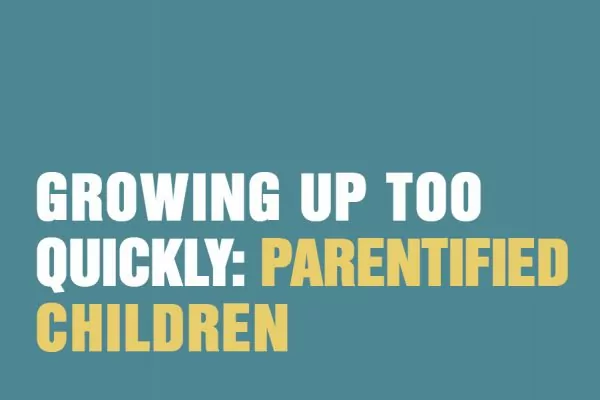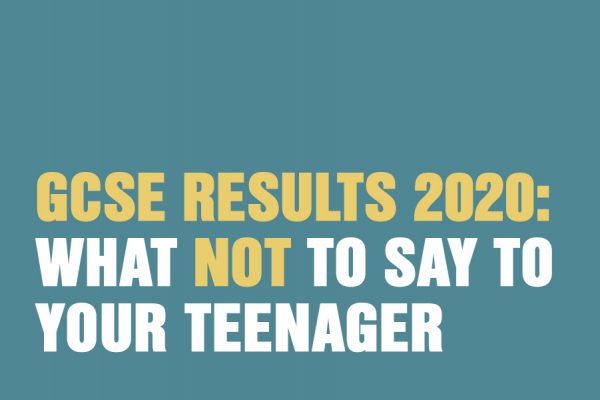Father’s Day is the chance to celebrate all that’s great about dads: the love they give, the security they bring, and the influence they have over our lives. Not to mention the fun they inject into the social times.
Kids love to be proud of their dads because they can help to make them feel safe, happy and protected. The role of a father may be different from the everyday care that mothers give: they can bring a dynamism and energy into the home, whether they’re a working dad, a stay-at-home dad, or a separated dad. Some fathers also have to take on the main caretaker role if the mum is absent, ill, has died or is mentally unwell. That can be a lot for a dad to handle.
The psychoanalyst Donald Winnicott has written about the role of the ‘good enough mother’ in being attuned to a child’s needs – without having to be perfect – so that the child can develop into his or her true identity. The same applies to fathers. You don’t have to be perfect: you just have to be there to shape and guide your children’s lives so they feel grounded and secure enough to go out and live an independent life.
As we appreciate all our dads do for us, for Father’s Day we’re sharing our thoughts on how to be a good enough dad:
Enjoy quality time
They say quality not quantity defines the time you spend with your kids. Whether you live at home or are separated, make sure you’re fully present during the time you do spend with your children. Put aside the laptop and smartphone until the kids have gone to bed. Make them feel important and special. When they’re young, be there for them, whether it’s bath time, story time, or football-in-the-park time. When they’re older, be available to chat if they need support and advice on everything from career choices to relationships. Even as children grow up they still need and appreciate your guiding hand on their shoulders.
Engage and praise
The origins of a child’s self-esteem come from the attention the parents give them, especially their dads. Be actively engaged and interested in the activities your children take part in, and celebrate their sporting, academic and creative achievements. However, make sure to praise the qualities within, not just the achievements. Recognise your children for who they are, not just what they do. Tell them you’re proud of them. That way, they will grow up feeling more self-reliant, assertive and secure in who they are. Knowing dad really cares how they’re getting on, and will always be there for them, is core to kids’ self-esteem.
Be firm but fair
Consistency and fairness, and delivering on the promises you make, all help to build a sense of trust and safety in your kids. A good enough dad really stands for something: he is trustworthy, safe and reliable, and will always do what he says he’s going to do. A good enough dad helps out with homework in a logical, no-fussing way, helping to develop his children’s critical thinking and their inner wisdom. By holding strong boundaries, he also helps develop in his kids an inner sense of what’s right and wrong. This helps build inner resources to trust and rely on when they’re older.
Model how to win and lose
The role of dads is often to instil a sense of fire and competitive spirit in their kids. Whether you’re playing board games, watching a sports match, or taking part yourself, model how to play fair. Show your kids how to win with grace, and how to lose in a sportsmanlike way. Celebrate when one of your kids finally beats you: revel in the fact your kids are excelling in a skill and becoming rounded human beings.
Have fun
Take your kids on adventures. Climb mountains. Whiz along zipwires. Go cycling, swimming, skateboarding. Get down on their level and play toy trains, jigsaws, video games – whatever they’re into at the time. Share their lives. Laugh with them. Love them for who they truly are.
Happy Father’s Day from all of us at The Awareness Centre.







